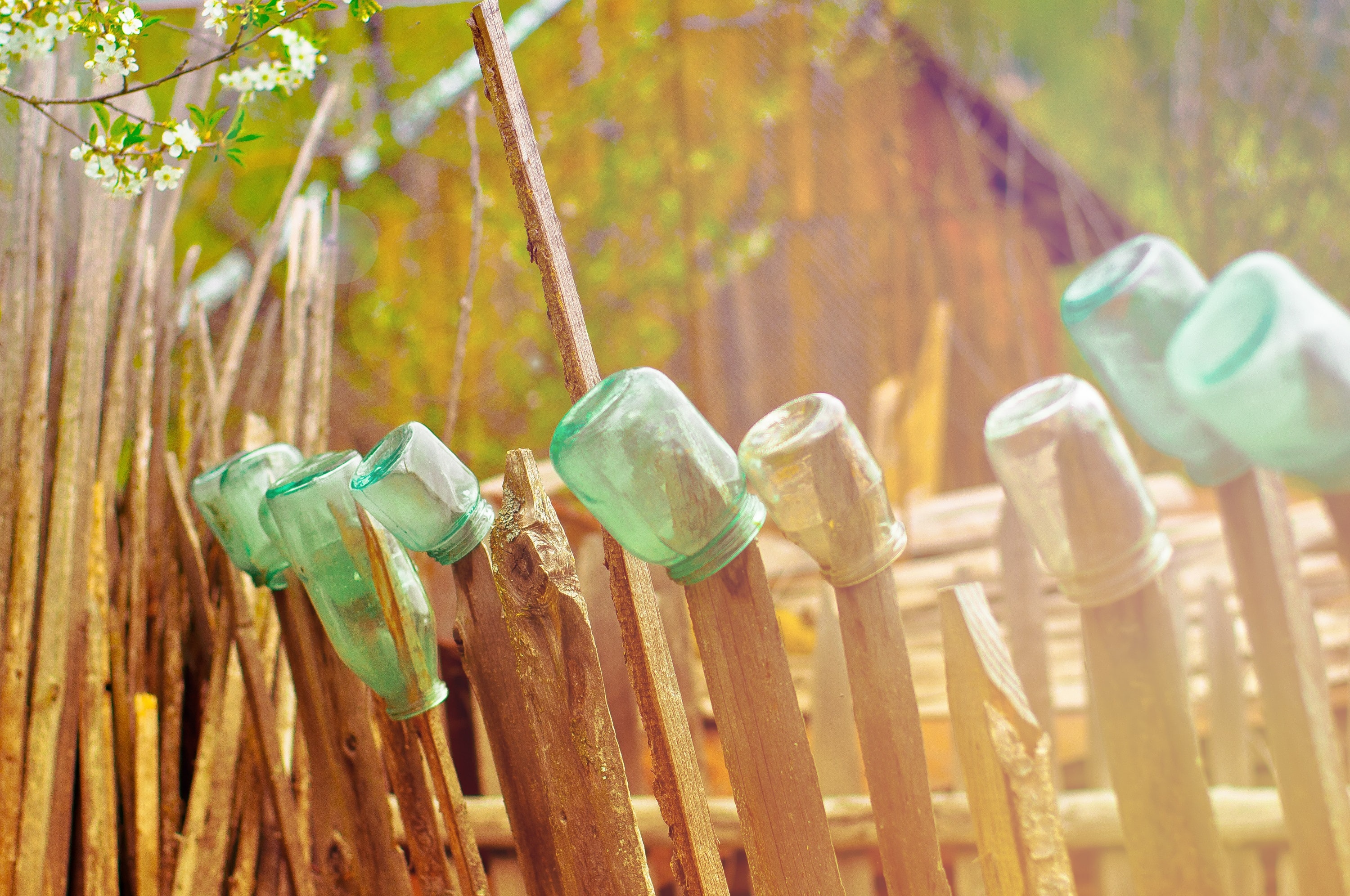Rummaging through the cupboard looking for nutmeg for a baking project, I discovered an unopened jar of roasted garlic and onion spread; pure deliciousness. This savory condiment had, unfortunately, expired over a year ago. Last week another cupboard offered up an assortment of expired puddings and tinned goods. Oh what a waste as another one bites the dust.
During the lock down of Covid19 pandemic I’ve found myself looking for spell-off projects to differentiate my stay at home activities. The boredom of television and even reading reaches peak intolerance for me on some days.
Organizing closets, cupboards or drawers have not historically been projects I have readily initiated. Even today I’m not one for intentionally initiating a mass decluttering. These days, however, I’ve found that decluttering and organizing comes about either during a hunt for some particular item or a need to find some peace within myself to release any anxiety felt around what our world is currently experiencing.
Recently, I learned about Leavers and Putters as described by Michael Robertson in his article Finding My Peace Amid the Chaos of Other People (SimplifyMagazine). Leavers don’t see the disorder a Putter sees. When a Leaver tidies up a room, a Putter still has tidying up to do before they are satisfied. Putters, however, put things where they belong. It’s very clear what I am, even though what I put can often become put away and forgotten.
In addition to meditation and self-hypnosis, finding peace within myself has evolved to include dealing with what I’m looking at and living with – closets, drawers and cupboards. Unlike the rampage of Covid19, these are things I can control. My closets, drawers and cupboards are not influenced by the daily barrage of pandemic related health, life and death, economy or business updates. In their silence, my closets, drawers and cupboards just sit patiently awaiting my attention. Found are items of clothing that I thought I needed but never wore. There are books that looked appealing yet never read. Revealed becomes a box of candles never burned. Uncovered are greeting cards never sent. These won’t be tossed into the trash, but either gifted to brighten someone else’s day this week or next, or donated later when donation facilities are once again open. These items will not bite the dust.
“To bite the dust” means to die or to fail (WritingExplained.org). “The earliest citation of the ‘bite the dust’ version [of the earlier phrase ‘lick the dust’, from the Bible] is from 1750 by the Scottish author Tobias Smollett, in his Adventures of Gil Blas of Santillane: ‘We made two of them bite the dust, and the others betake themselves to flight.'” (Quora.com).
I have recently found that inner peace for me has also flourished from culling online subscriptions and frivolous online apps and products, once thought necessities. Now, I am released from their onslaught of emails or monthly fees. It’s like a breath of fresh air, a freedom from a different kind of accumulated clutter. Today, I sifted through my email inboxes and lists of saved folders, deleting many emails and even entire folders. With each deletion, a victorious thought that another one bites the dust, sprang to mind; a whole different feeling this time behind the term “bite the dust.”
A cluttered environment contributes to a cluttered mind and most people would acknowledge that this mindset contributes to stress. “Some research suggests that de-cluttering can have as much of an effect on your well-being as it does on your physical space,” shares Matthew Clark in the article, How decluttering your space could make you healthier and happier (MayoClinic). He further informs, and perhaps has experienced, that extra stuff is stress and it’s not just in one’s head.
It’s proven that we want and need control during times of crisis. “We don’t actually need to be in control all of the time. What we really seek is a sense of control… If we have control then we risk less. Threats can be avoided or handled. This has significant evolutionary benefit as it leads to a better chance of survival” (The Need for a Sense of Control, ChangingMinds.org). Having a sense of control and the result of feeling better, seems logical.
This lock down has me more profoundly appreciating what’s important in my life. More specifically, the distinction between necessities, needs and wants and how relevant certain items are to my daily life and ongoing existence is becoming clearer. Greater insight into not wasting anything has also become more noticeable to me. I hadn’t thought I was a particularly wasteful person, but I’m becoming aware that a tune-up towards being less wasteful and becoming more thrifty is in order.
This increased frugality may come from the extra effort it takes to mask, shield and glove-up to go out for groceries while limiting excursions to as few times as possible in a month. It’s no longer a simple undertaking. There is no longer justification in taking extra time meandering and exploring the aisles and shelves, which many of us have naturally been in the habit of doing in the past. I am also aware that some of the items on my list may not be in stock, some of my favourite brand items not currently available, or some of the products I desire, not produced locally.
Knowing what’s necessary and putting it on the almost excruciatingly organized shopping list in a format in which I can easily relate it to the grocery aisles is important. As I walk through the store in keeping with new physical distancing and store policies, I want to hasten my trip.
That savoury unopened condiment I mentioned? While opening and then ceremoniously dumping the contents of the discovered item into the garbage, I murmured a few farewell thoughts as the sweet delectable, aroma wafted up, reminding me to not again allow another purchase to bite the dust.


